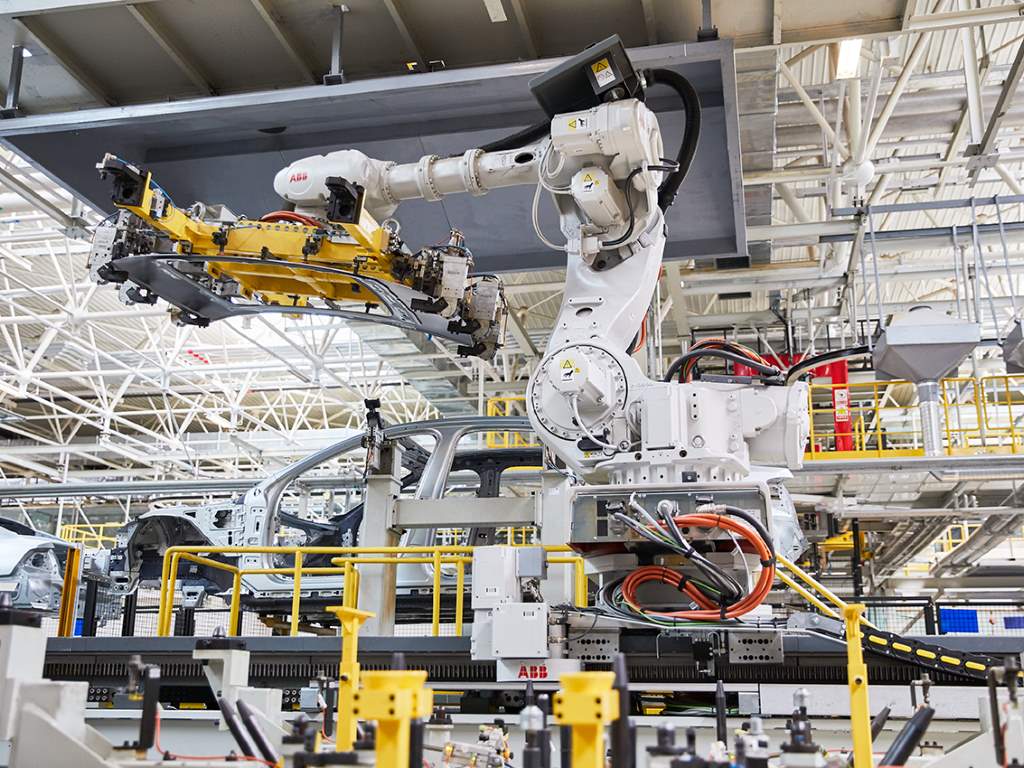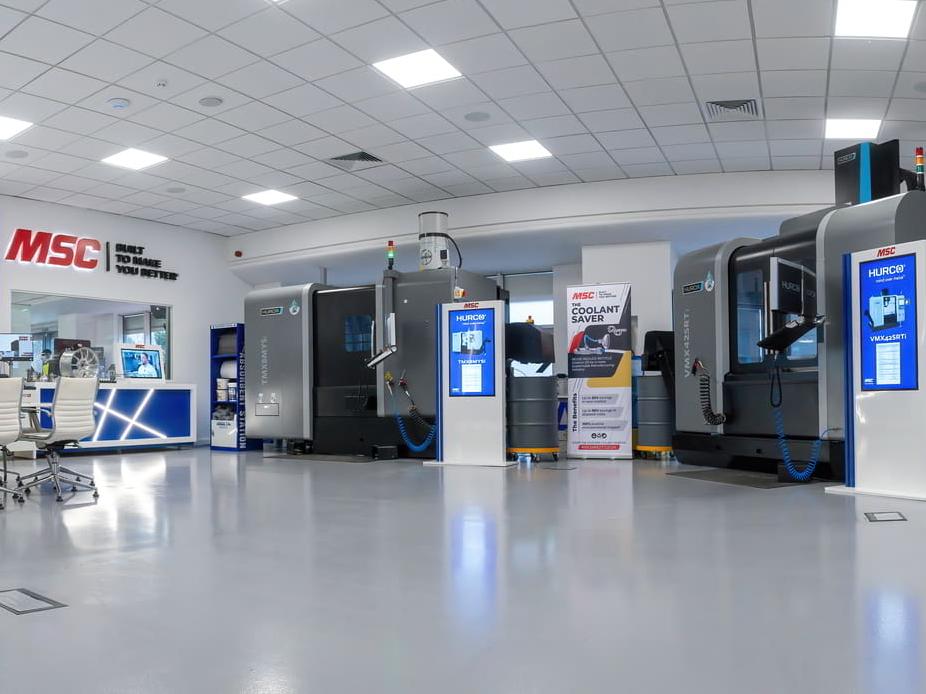EV adoption targets unachievable, new industry research suggests

New global research commissioned by ABB Robotics and industry publication, Automotive Manufacturing Solutions, revealed 59% of respondents believe the shift to pure electric vehicle production is not achievable within current legislative timelines.
The respondents surveyed highlighted challenges in adapting to a new battery supply chain, concerns over high levels of capital investment required, shortages of raw materials, suitable infrastructure and lack of grid capacity.
Although 28% expressed the opinion that the deadlines were achievable, they also indicated there would be significant challenges, while 18% believed the present targets would never be met. Only 11% believed that all regional targets for EV adoption by 2030-2040 were realistic.
“The automotive industry is acutely aware of the stresses and strains involved in meeting the proposed regional timetables for reaching full EV production,” said Joerg Reger, managing director of ABB Robotics Automotive Business Line. “Automation is key to making production more resilient, efficient and faster to meet these targets, which is why we’re seeing high demand for our robots that specialize in EV powertrain assembly. These solutions radically reduce build times, improve flexibility, further simplify the production process and ultimately drive down production costs.”
The survey also highlighted the challenges involved in adapting to a new battery supply chain, cited as a key barrier by 19% of respondents, while 16% had concerns over the high levels of capital investment required. Shortages of raw materials, suitable infrastructure, and lack of grid capacity were also high on the list of issues yet to be resolved.
Elsewhere, the lack of charging infrastructure was quoted as the single biggest constraint to EV adoption by more than a quarter (26%) of those surveyed, while 17% highlighted high vehicle prices as the principal barrier to EV growth.

ABB Robotics continues to lead the development and implementation of flexible, modular production cells that are digitally connected and networked, and served by intelligent autonomous mobile robots. This increased level of flexible automation provides a solution to labour shortages and can be scaled-up or down depending on demand for a particular vehicle, or redeployed across a factory, avoiding the need for significant capital expenditure.
When it comes to implementation, ABB’s RobotStudio programming and simulation software avoids any disruption to production by enabling users to build, test and refine their robot set-up virtually, before a single robot is deployed. The flexible manufacturing model makes production more resilient, efficient and faster, and supports automotive customers currently introducing more EV powertrains alongside the production of internal combustion engines.
When questioned about delivering sustainable manufacturing, industry leaders were more positive, with 80% predicting sustainability is achievable. Only 4% felt it would not be possible.
Of those surveyed, only those in America (16%) felt that regulatory compliance was a key obstacle (compared to 7% in Europe and just 5% in Asia). However, 24% of all respondents suggested that the high capital expenditure required was the primary challenge to achieving sustainable manufacturing.
With robots becoming increasingly easier to access, integrate and use – particularly with developments in collaborative robots and software like ABB’s RobotStudio, which makes planning and programming faster and more efficient – automation will be the key enabler in the delivery of sustainable manufacturing.
The ABB survey includes close to 600 global industry experts, from vehicle manufacturers, and supplies at all levels of management, engineering and other key professionals throughout the automotive world.
ABB Robotics & Discrete Automation
https://global.abb















